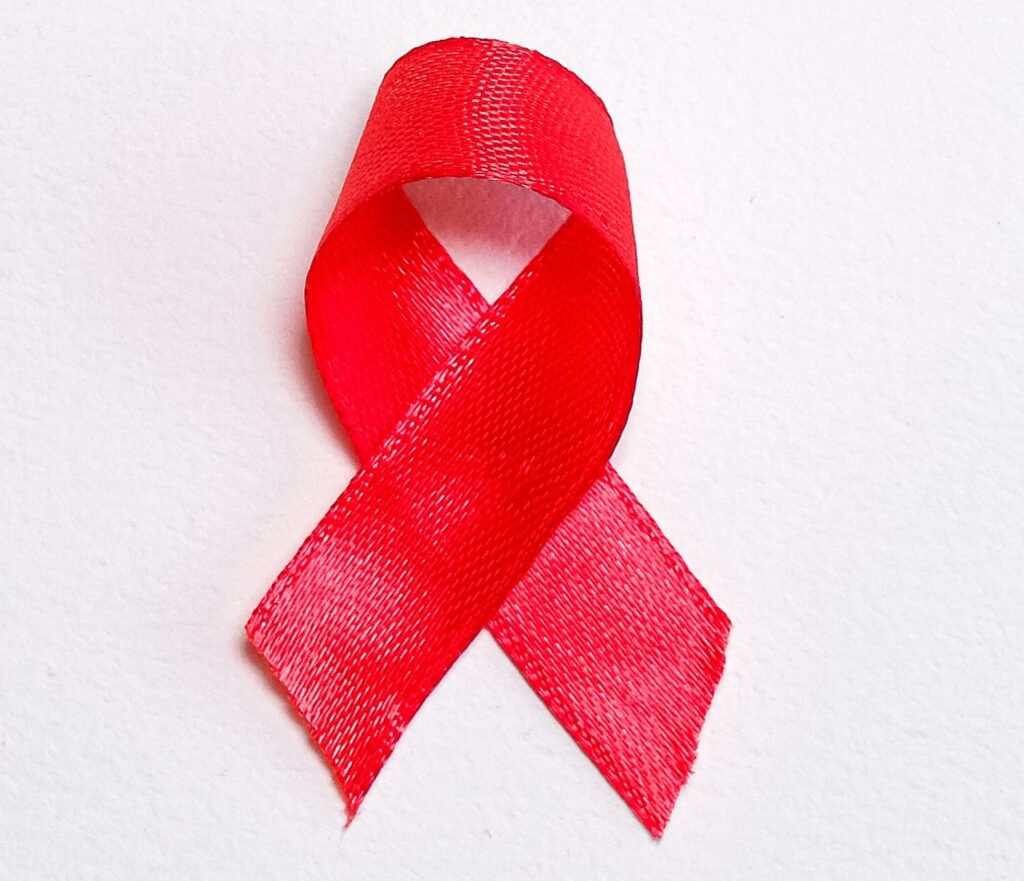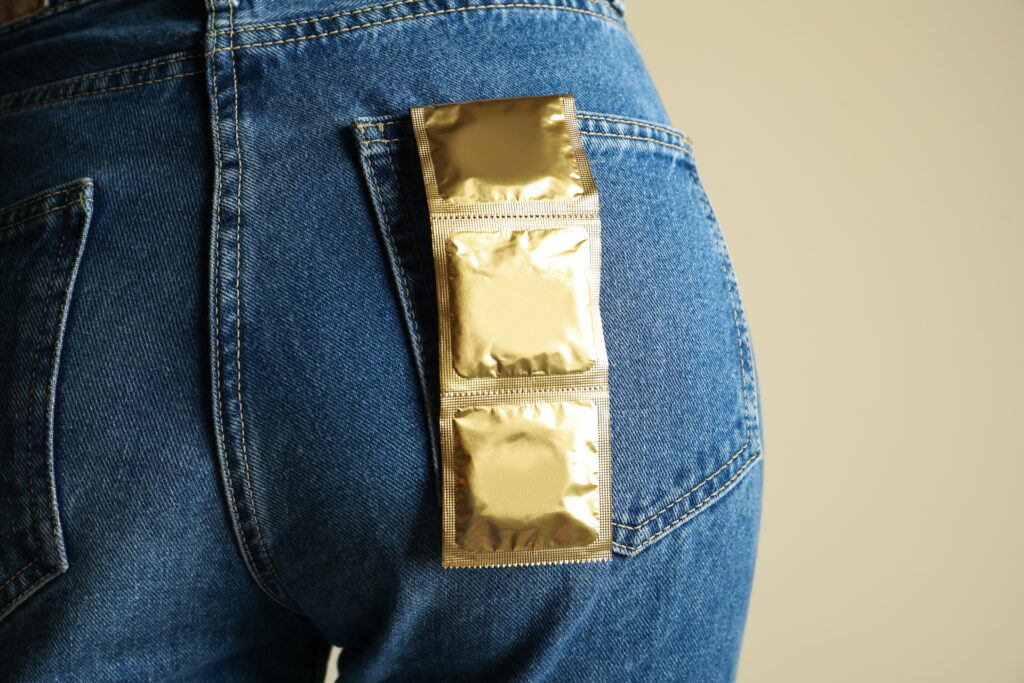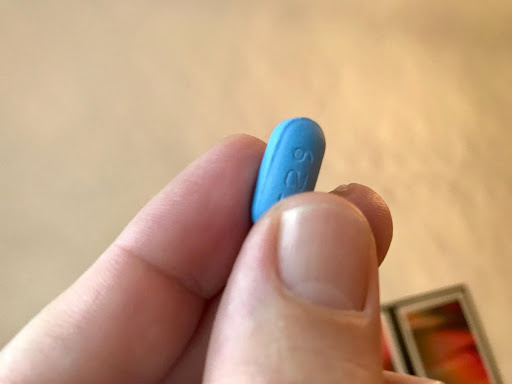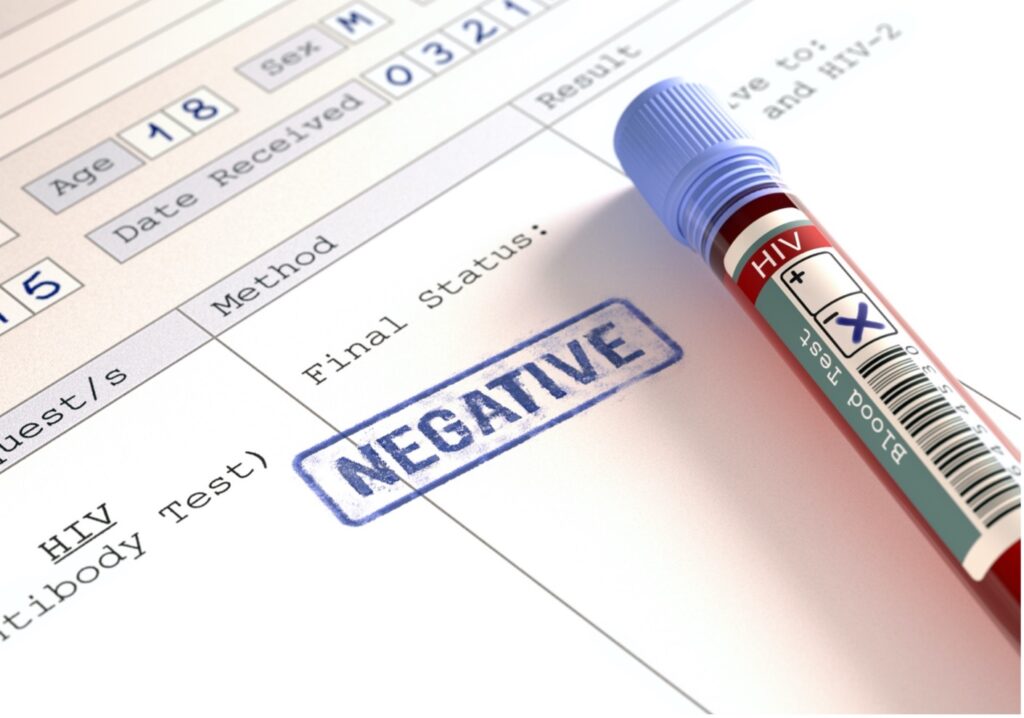
*Content warning. Information in this blog covers sex and substance use.
In the summer of 1981, the first cases of Acquired Immune Syndrome (AIDS) were reported in the United States. More than 1.2 million people in the US live with Human Immunodeficiency Virus (HIV). HIV is a virus that attacks the body’s immune system, and if left untreated, it can lead to AIDS. The virus has no cure, and infected individuals live with it for the rest of their lives. However, treatment can make living longer and healthier possible.
Who gets infected? Certain people are at risk for HIV, including racial and ethnic minorities, gay and bisexual men, and other men who have sex with men. In the period from March – September 2020, researchers found almost 700,000 fewer HIV screenings and nearly 5,000 fewer HIV diagnoses in comparison to the same period the previous year.
Symptoms. Like the flu, symptoms include chills, rash, fever, muscle aches, sore throat, and fatigue. Symptoms can appear anywhere between 2-4 weeks after infection and last for a few days or many weeks. Some may not have any symptoms. The only way to know what you have is to get tested.
Three Stages of HIV. Stage 1 – Acute HIV Infection – In Stage 1, people are very contagious and experience flu-like symptoms or no symptoms at all. Stage 2 – Chronic HIV Infection – Known as asymptomatic HIV or clinical latency, the virus is still active but at low levels. Many people may not have symptoms. This period can last ten years or longer without medications, while others may get sick quicker. HIV is transmissible during this period; it is imperative to protect others, get tested and treated as soon as possible. Stage 3 – Acquired Immunodeficiency Syndrome (AIDS) – People in this stage have a severely damaged immune system and are vulnerable to getting other severe illnesses. The viral load is very high during this phase, and people with AIDS are very infectious. If left untreated, the infected live about three years.

Prevention. Don’t have sex; this practice of abstinence is 100% effective in preventing HIV, other Sexually Transmitted Diseases (STDs), and pregnancy. Use a condom correctly by adding a water-based lubricant to prevent condoms from breaking or slipping during sex. Vaginal and anal sex is riskier because it involves contact with semen, vaginal fluids, and blood. These fluids carry the virus and are transmissible through contact with these fluids. Oral sex is less risky, but other STDs spread through this practice. Avoid sex when high. Substance users are more likely to participate in risky behavior while high on drugs.
Injection drug use risk. Don’t use drugs and get help if you’re addicted to drugs. Clean syringes reduce the transmission of HIV and other diseases. There are many Syringe Service Programs (SSP) in the United States through the CDC and community-based programs. These programs can provide access to sterile syringes and the safe disposal of needles, treatment for substance use disorders, testing for and treating diseases.
Medication for high-risk patients. Pre-exposure prophylaxis (PrEP) is available to those that are HIV negative, have a sexual partner with HIV, don’t consistently use condoms, have a diagnosed STD in the last six months, inject drugs, share needles, syringes, or other injection equipment. Contact your healthcare provider right away. Always protect your partners from exposure, especially while taking PEP.

Medication after possible exposure. Post-exposure prophylaxis (PEP) is an emergency mediation taken for 28-days to prevent HIV after potential exposure. It must be taken 72 hours after exposure during sex, sharing needles, or after sexual assault. Contact your health care provider right away. Always protect your partners from exposure, especially while taking PEP.
Status. Knowing your HIV status helps you make the best health choice for yourself and those around you. The only way to know is to get tested. So, test as a part of your regular healthcare routine. Everyone should get tested for HIV. Testing is offered free at many testing centers.
